By Lana J. Carlton, Academic Coordinator, CLE Austin
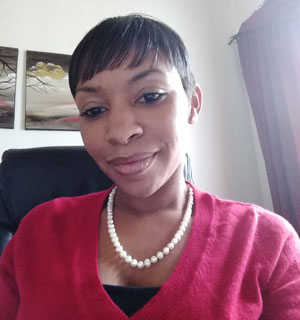
What does the word ‘Autism’ mean to you?
From the moment I was born, my brain underwent a development that is above average for a typical human brain. As a result, I have a framework of many sharp feelings and slow-paced actions.
When did you begin noticing your unique qualities?
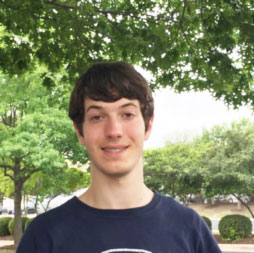
If there was anything you could tell your instructors or parents about living on the spectrum, what would it be?
When it comes to learning, I need to use a kinesthetic and visual approach especially in math. In order to fully understand I must decode directions and try to make things more concrete. I learn best with spreadsheets or referencing papers where I have highlighted areas where I need help. When I am at CLE, my tutors give me examples of the problem and that helps me to understand my work. CLE has also helped me with setting goals and establishing routines so I can be well rested and prepared for my classes.
What you would you say to your classmates trying to ease into socializing with others?
If anything, I would tell them to ask questions to get involved in conversations. One example would be ‘Are you interested in playing video games, sports, or drawing pictures?’ This will allow the person to think more on ideas that they have experienced, and they will actually want to explain it you.
Are there any final words that you would like to share with your peers at CLE?
I want you all to know that if you are not able to succeed the first time with speaking with a friend, adult, or classmate, you just need to practice. You should just try talking to other people. Just because you have autism, it doesn’t mean mastering a conversation is unattainable. Try speaking to anyone in general. Just like anything in life, you must practice if you want success.
And to finish, Christos wanted to share a quote to inspire and bolster his peers:
“I might hit developmental and societal milestones in a different order than my peers, but I am able to accomplish these small victories on my own time”
– Haley Moss
References
Roy, I. (2017, April 02). World Autism Awareness Day Quotes: 11 Best Quotes From People With Autism. Retrieved April 10, 2017, from http://www.ibtimes.com/world-autism-awareness-day-quotes-11-best-quotes-people-autism-2519310

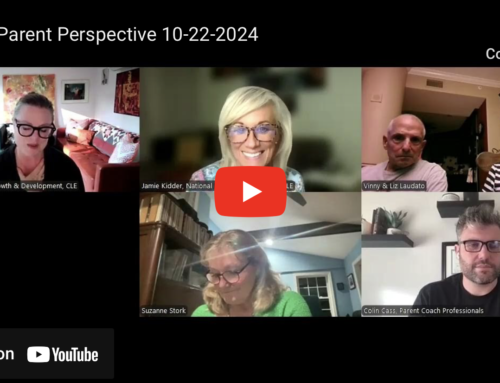
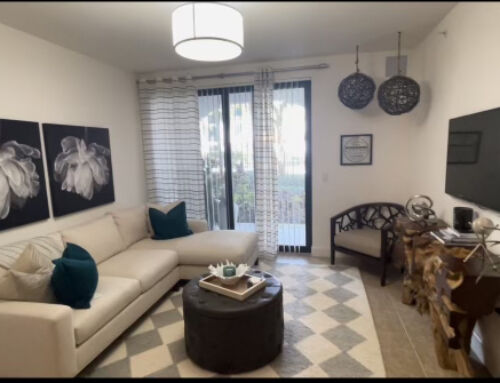
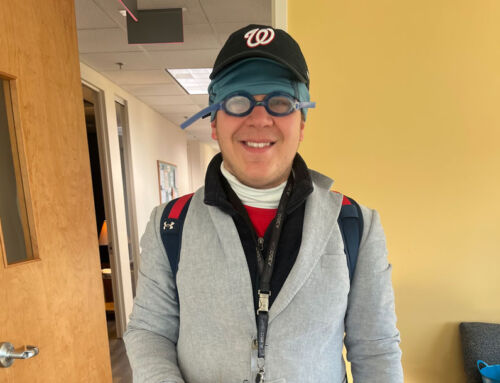

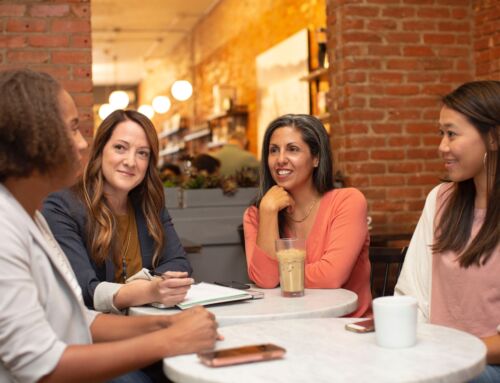
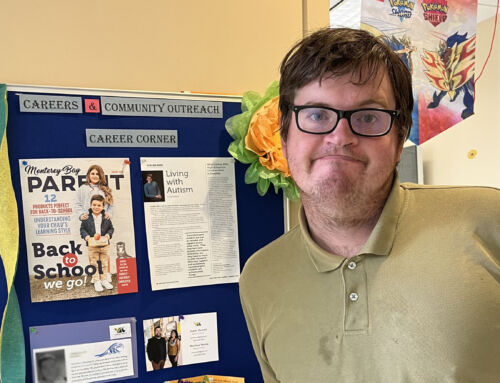
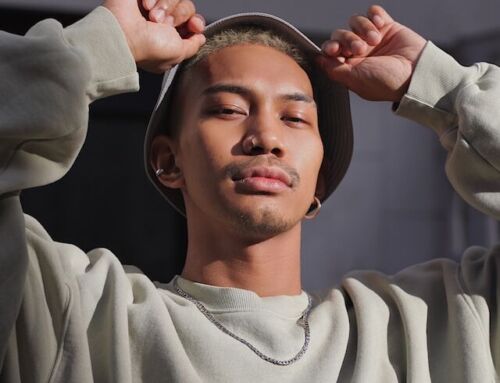
Dear Christos Papageorgakis and CLE,
Thank you for sharing these enlightening personal observations.
I’m forwarding your thoughts to some colleagues who are educators in the Lao PDR on education. They are trying to learn about Learning Differences, a new subject for educators and parents in the Lao PDR.
Over the years I’ve learned a lot also from my daughter, Miranda Rumpf, who completed one year at CLE / Rockville MD as a student. She went on to complete her BA in Special Education and now works at Wings Learning Center in California as the lead Teaching Aide for students in transition.
Keep Moving Onwards and Upwards and keep recording your ideas.
Thank you so much for sharing Miranda’s story and offering support to others!
Any programs near Charleston SC?
Hi Charles, thanks for your question! Our closest CLE Centers to the Carolinas are: Fort Lauderdale, FL and Washington, DC. I just looked up flights and it looks like there are direct flights to both cities from Charleston on Jetblue. Hopefully, Charleston being a couple of states away will now feel a little shorter distance since there’s such easy travel routes. Happy to give you a call to discuss more about CLE and our support services. Just email your phone number to [email protected] and I’ll contact you at your earliest convenience. Thanks!
Where is the Closest location to Connecticut?
Hi Jodi!
The closest location to Connecticut is our Washington D.C. center.